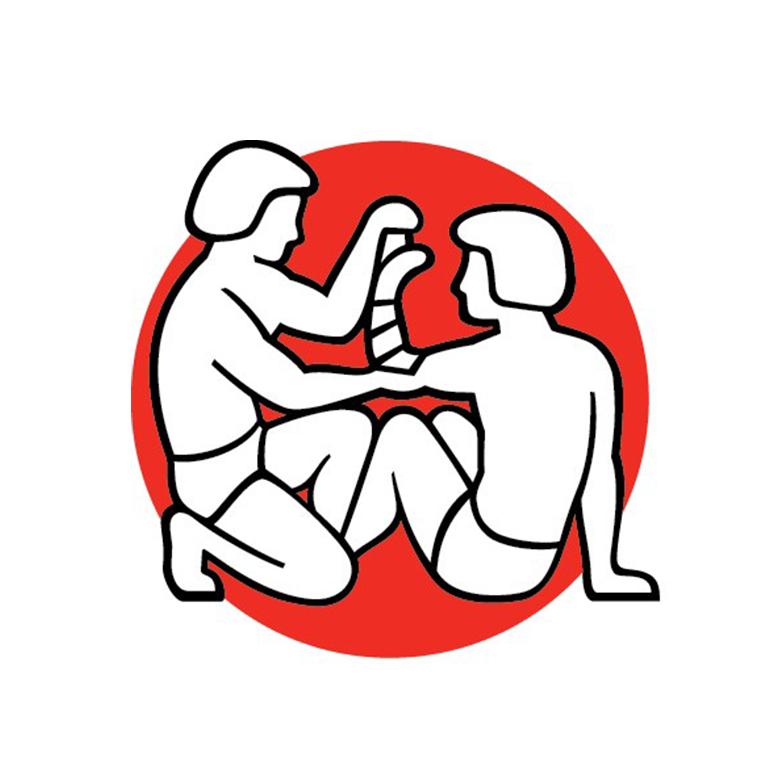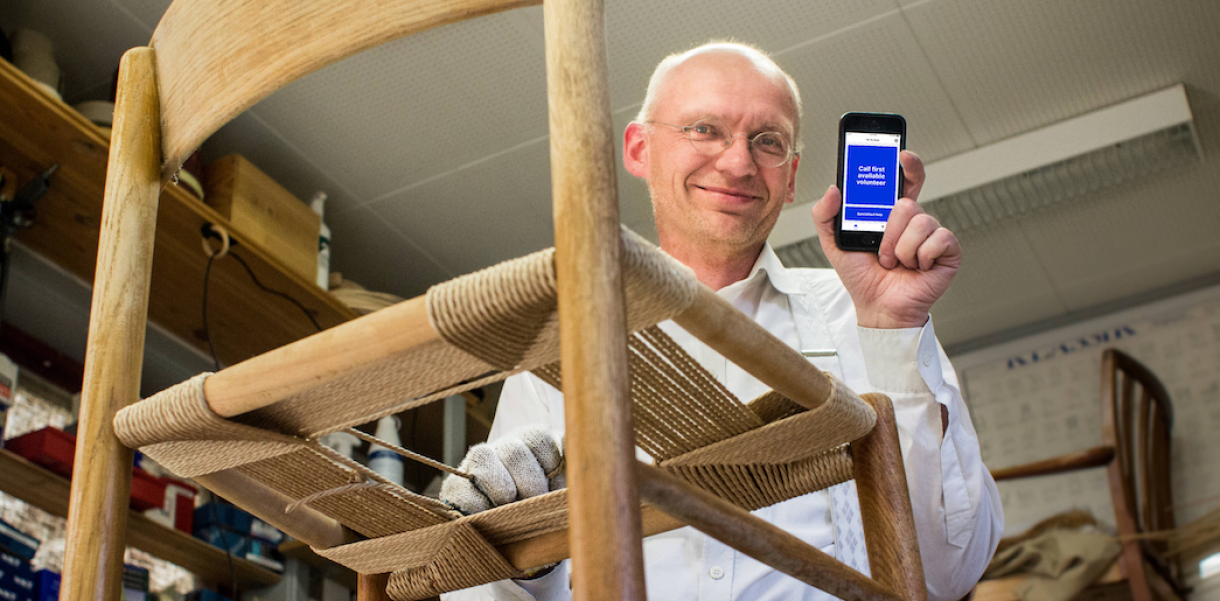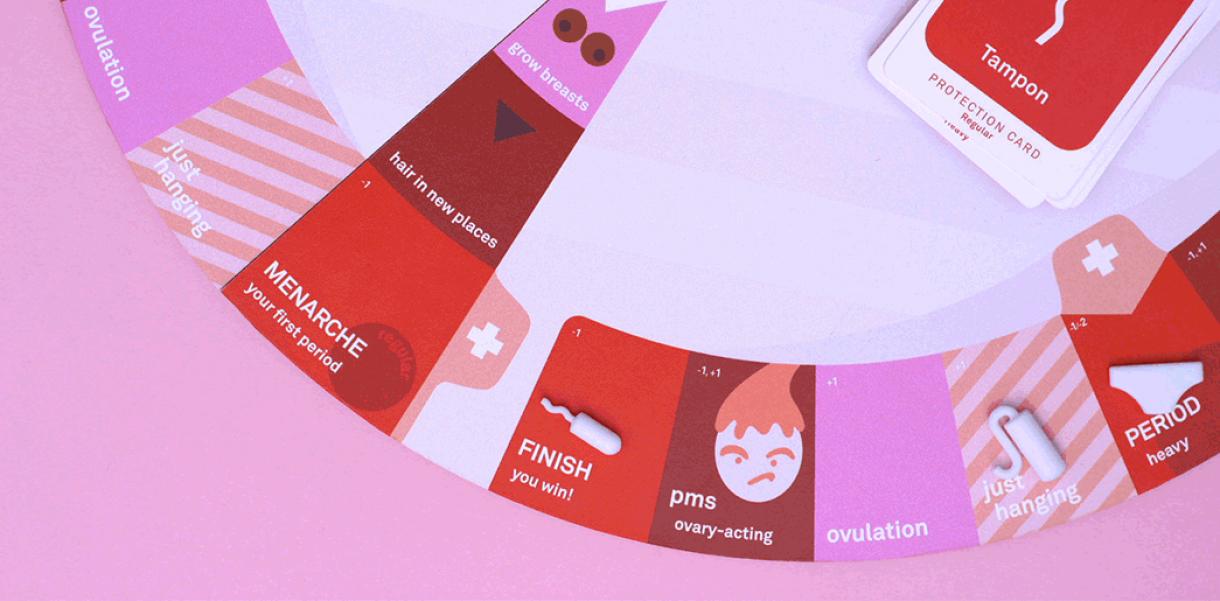
Did I set my oven to the right temperature? What colour tie should I wear with this suit? What does this sign say?
Questions like these are easy to answer for some, but riddles for billions. More than a quarter of the world’s population experience some sort of visual impairment and don’t always have a friend, family member or Skype call available that can help them find the quick answer. Wanting to be independent and live on your own is hard when small inconveniences like these pile up.
But since 2015, there’s been a free, simple and intuitive solution for those everyday struggles. Hans Jørgen Wiberg is visually impaired himself and founded Be My Eyes in 2015 based on the idea of making a group of people who were always available for a quick call: “I had no idea how to make an app or anything. But I knew it was kind of possible.”
Hans’ idea turned into the Be My Eyes smartphone app, which connects the visually impaired with sighted volunteers in a video call to help them solve immediate tasks. The sighted volunteers are able to see through the visually impaired person’s phone camera and help them with the challenge at hand. It’s an easy way to volunteer, in fact the majority of the calls are less than three minutes, but makes a huge difference for the person in need of assistance.
The concept was so powerful, that when it launched in January 2015, the interest exploded. CEO of Be My Eyes Christian Erfurt remembers it vividly: “We’d sent out a press release explaining what we were about to do and to be honest, we had no idea of the global reach we would have almost immediately.” Within the first 24 hours, Be My Eyes had 1000 blind or visually impaired users and 10,000 volunteers signed up. Eight weeks later, they had registered users in 100 countries.
But with all the media exposure, it was important for Erfurt and Wiberg to tell the stories of those the app was made for. “From the very beginning of Be My Eyes, we made it about the community,” Erfurt tells us. “We put journalists in contact with blind and visually impaired users and volunteers to tell their story about using the app. And we had no idea what these people would say about the product. But it was a good experience, because it really showed the power of what we've built and the necessity of it.”
Today, the impact of Be My Eyes in numbers is astounding. The app is a hub for 4.5 million volunteers and 285.000 visually impaired people in more than 150 countries and in over 185 languages. The visually impaired are able to receive help 24/7 due to the app’s large and continuously growing community, meaning there’s always someone ready to help in most languages.
One of the reasons for the app’s steady growth is the fact that it’s completely free and it’s important for the company to keep it that way. “We spoke about this in the very beginning,” Wiberg remembers, “asking ‘how can we make a business model without charging the blind?’. Nobody could come up with an idea on how to do that, so we said ‘okay, let's make it free then,” he says laughing.
”I think it’s really a beautiful thing that we can truly help people in places we have never heard about.”
“But part of the reason for keeping it free is that 90% of the blind people in this world live in India and Africa and China and other places,” Wiberg continues. “We knew they would eventually get online, but we would not charge them $10 a month for a service that should be free and globally available. And I also think it’s really a beautiful thing that we can truly help people in places we have never heard about.”
To support its impact mission, Be My Eyes is moving into customer support software, both tapping into creating better support for the visually impaired but also reaching an even broader audience with their solution. They’re already working with Microsoft and have more partnerships on the horizon.
“We believe that accessibility should be globally available and free for all”, says Erfurt. “And as we continue to grow, we’ll be figuring out how to expand this. There are a quarter billion people in the world who could potentially need our services and future products. So, we've only touched the tip of the iceberg as of right now.”
-
The Impact Story series features past Index Award alumni journeys and is proudly supported by Laerdal Global Health, winners of Index Award 2013 for The Natalie Collection.




